In this new series of Literary Conversations, New Polis general editor Roger Green engages with contemporary writers on aesthetic and thematic trends in their work. The initial conversation is posted
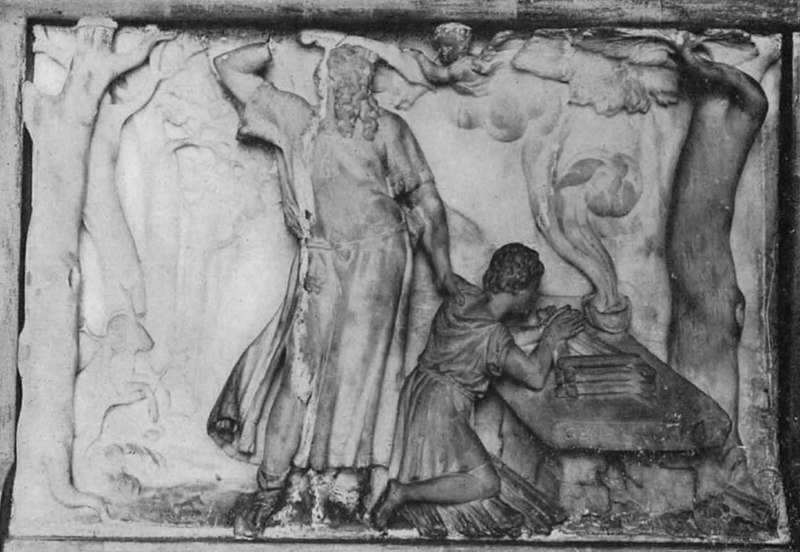

CRITICAL THEORY | SOCIAL ANALYSIS | POLITICAL PHILOSOPHY AND THEOLOGY

In this new series of Literary Conversations, New Polis general editor Roger Green engages with contemporary writers on aesthetic and thematic trends in their work. The initial conversation is posted

Approximately 75 years ago, as Soviet and Allied armies were converging from opposite directions to crush the demonic dominion of Nazi Germany across Europe, two books were published that would
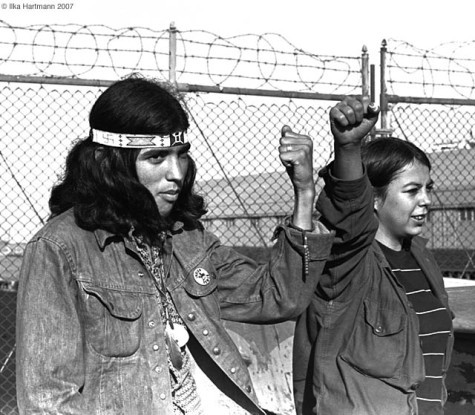
In my previous post, I discussed some of the parodic qualities by which the notion of madness occurred in the generation following Horkheimer and Adorno’s Dialectic of Enlightenment. Many readers
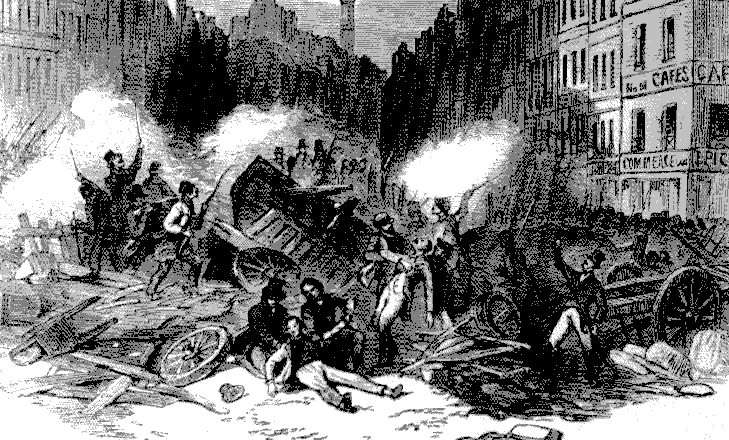
I ended my previous post with the following sentiment. It is certainly worth rejecting Horkheimer and Adorno where they are wrong and not refusing to put them on a pedestal.
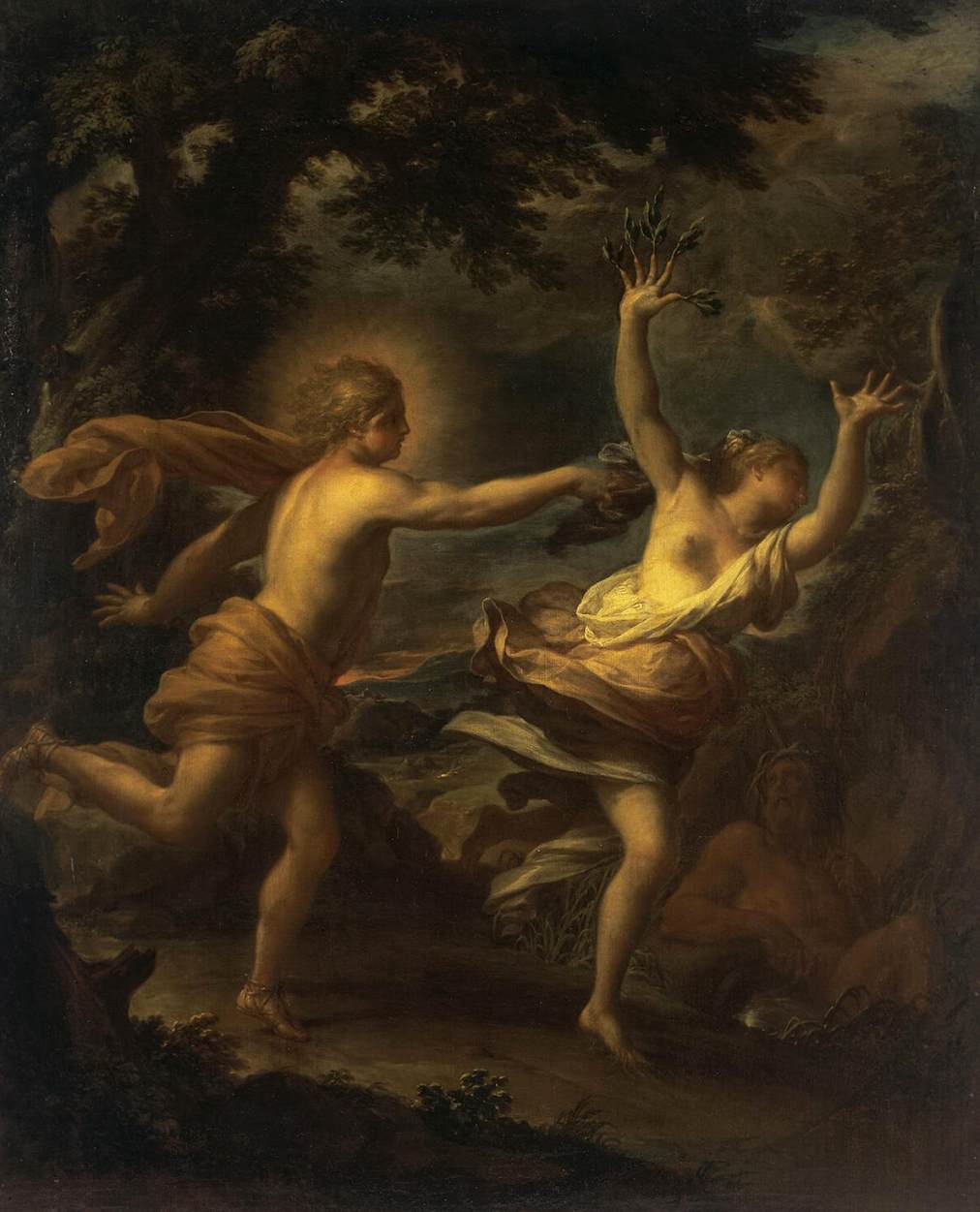
As I ended my previous post in this series, the postsecular moment has brought with it a broadening of application of the anti-Semitism the Horkheimer and Adorno describe with respect
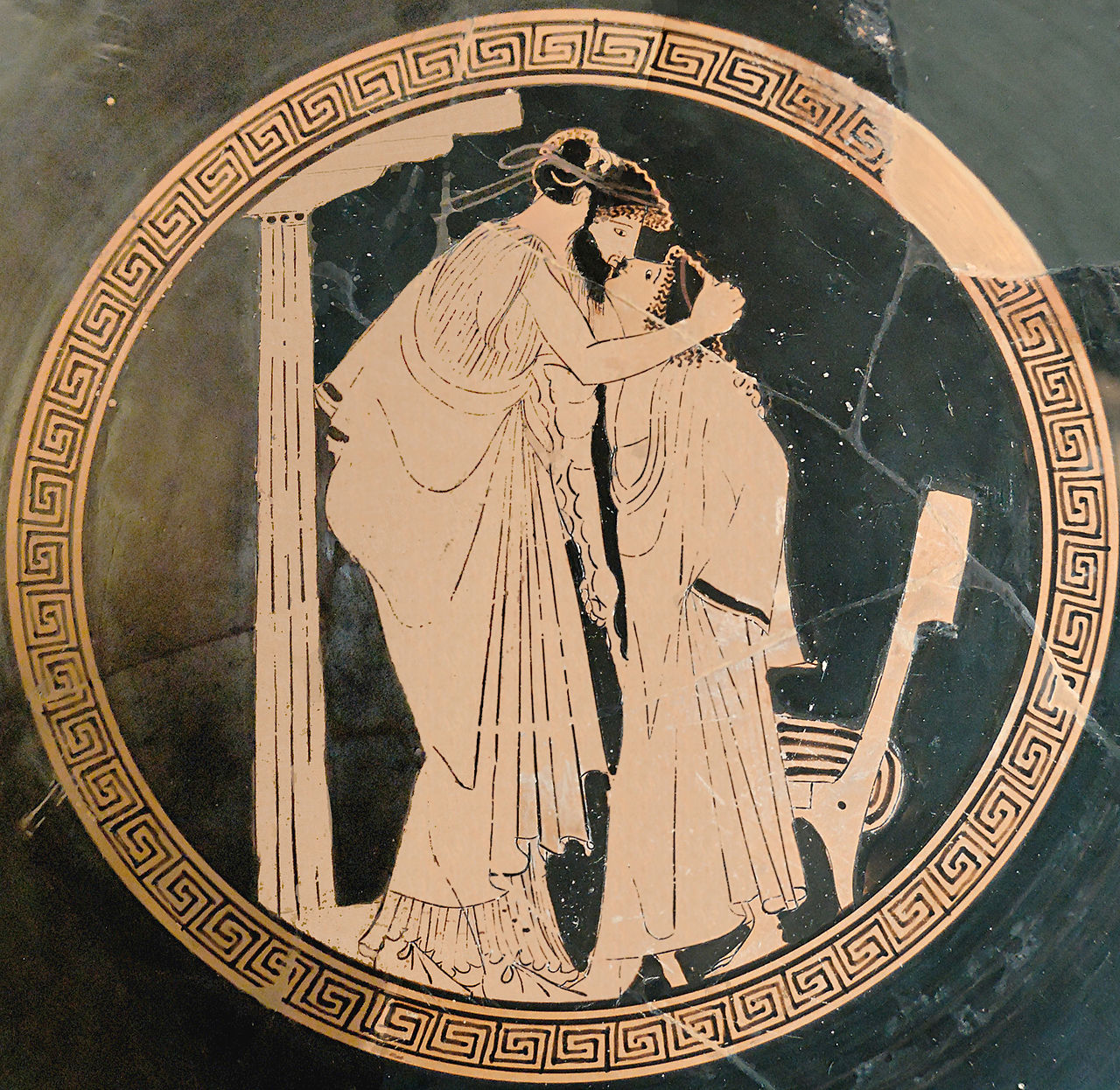
The following is the second installment of a four-part series. The first can be found here. Honneth’s Theoretical Solution to the Deficit Parameters of the Reconstruction For the task of
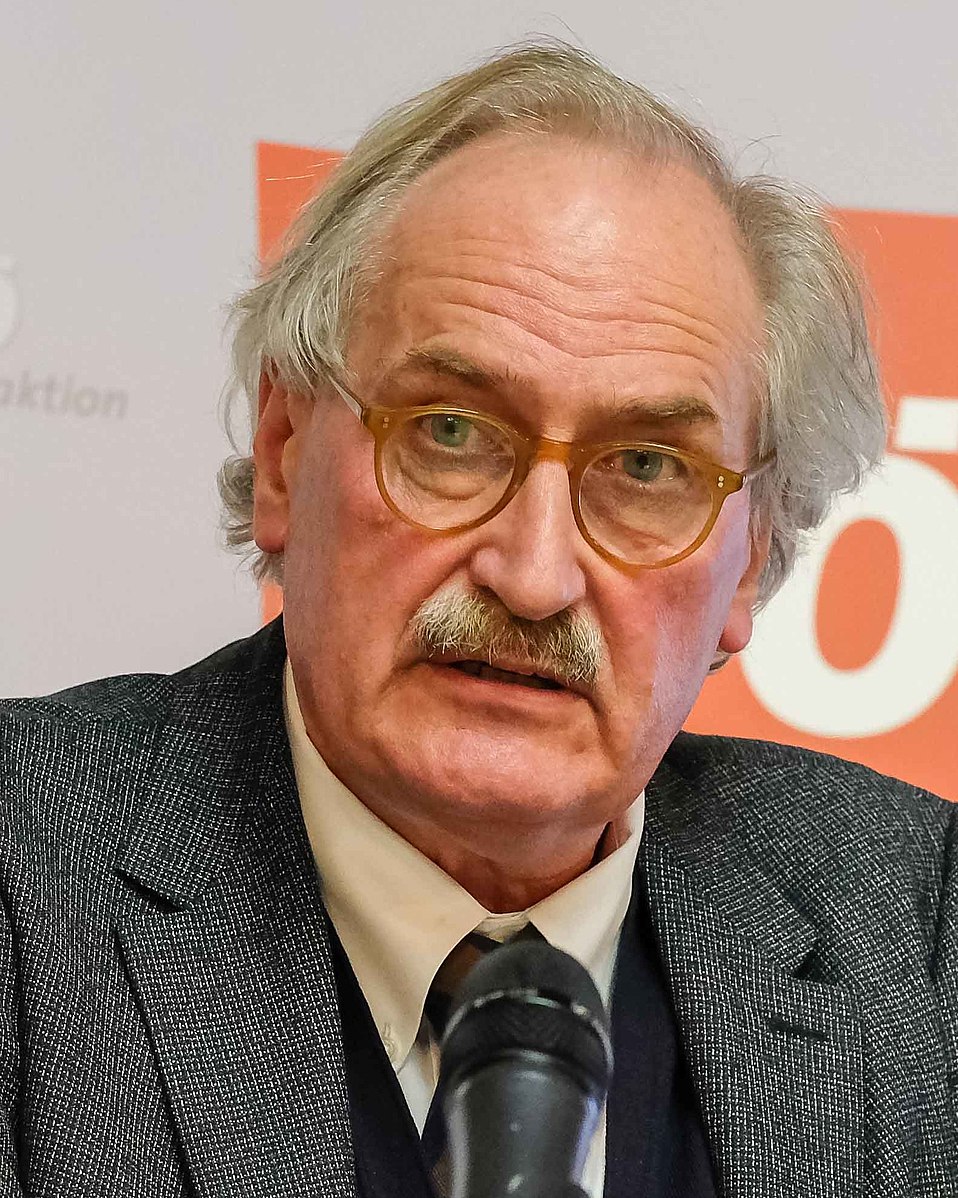
The following is the first installment of a four-part series. From his doctoral work published in extended form in 1985 under the title of Kritik der Macht to interviews as
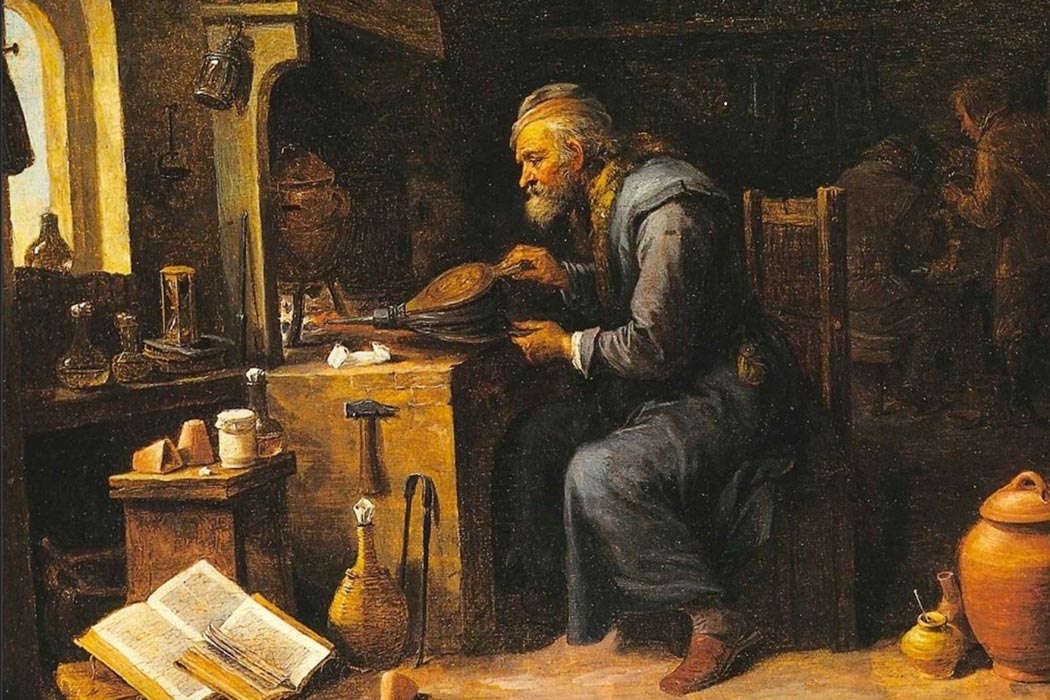
In this series of posts, I have been reviewing Max Horkheimer and Theodor Adorno’s Dialectic of Enlightenment from a ‘post secular’ lens. In my last post, I was tracing the authors’ descriptions
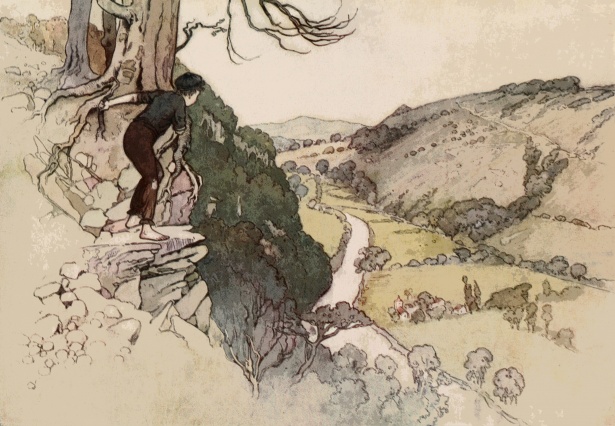
I have been working through a reading of Max Horkheimer and Thedor Adorno’s classic work of Critical Theory, Dialectic of Enlightenment. I am particularly interested in the use of literary
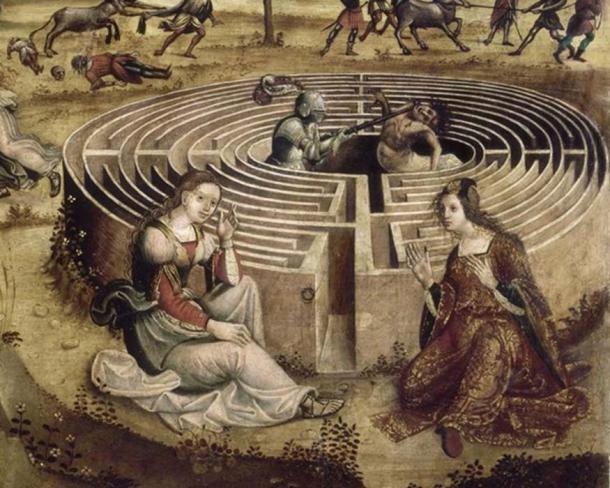
In my previous post, I took a turn from direct analysis of Dialectic of Enlightenment to engage with David Scott’s writing on tragic disposition in Conscripts of Modernity. I then focused